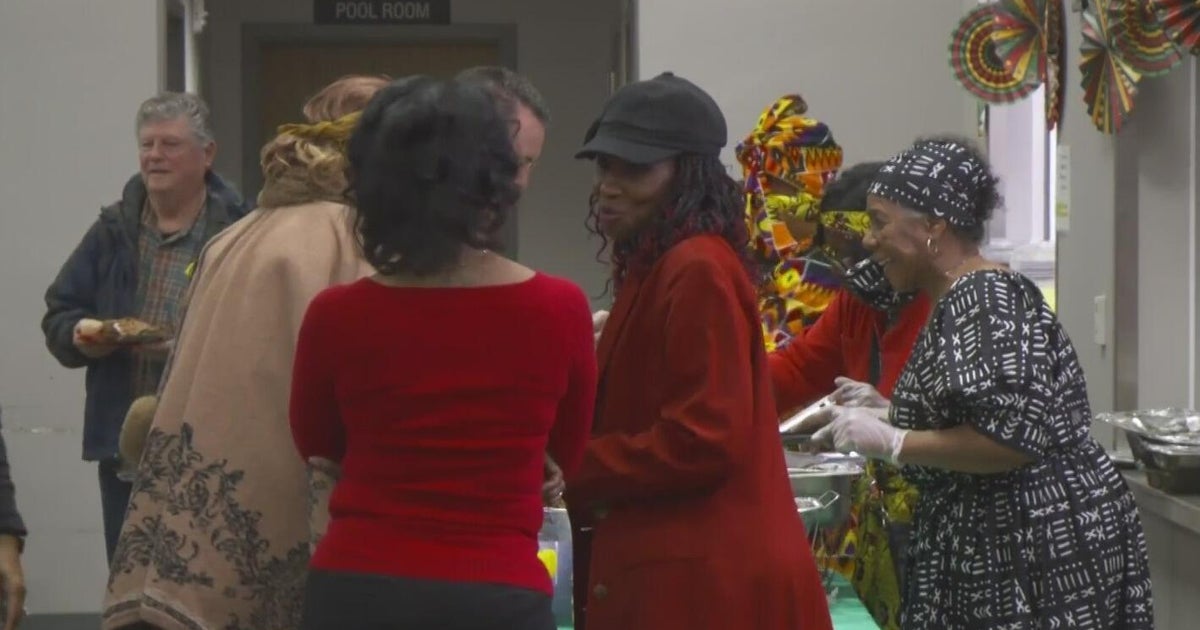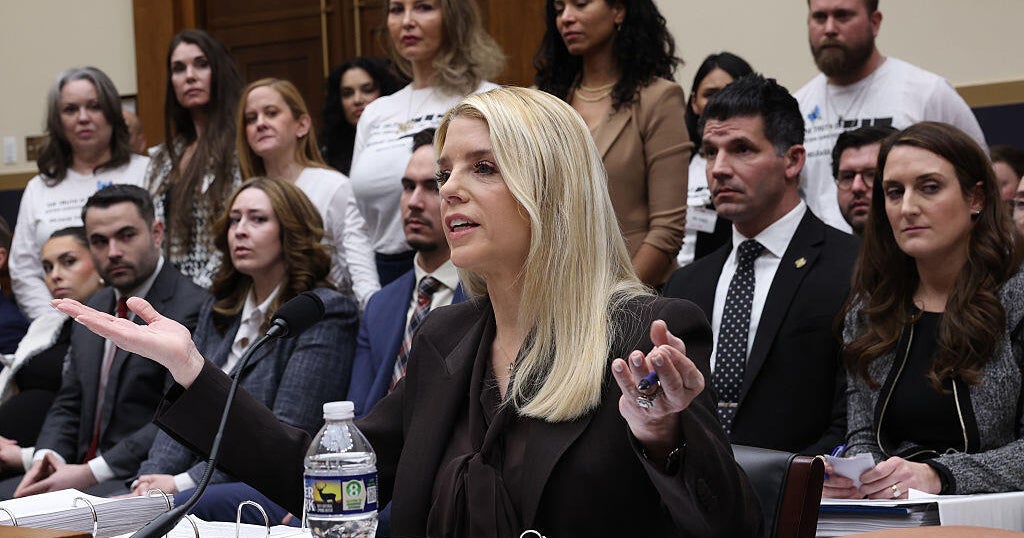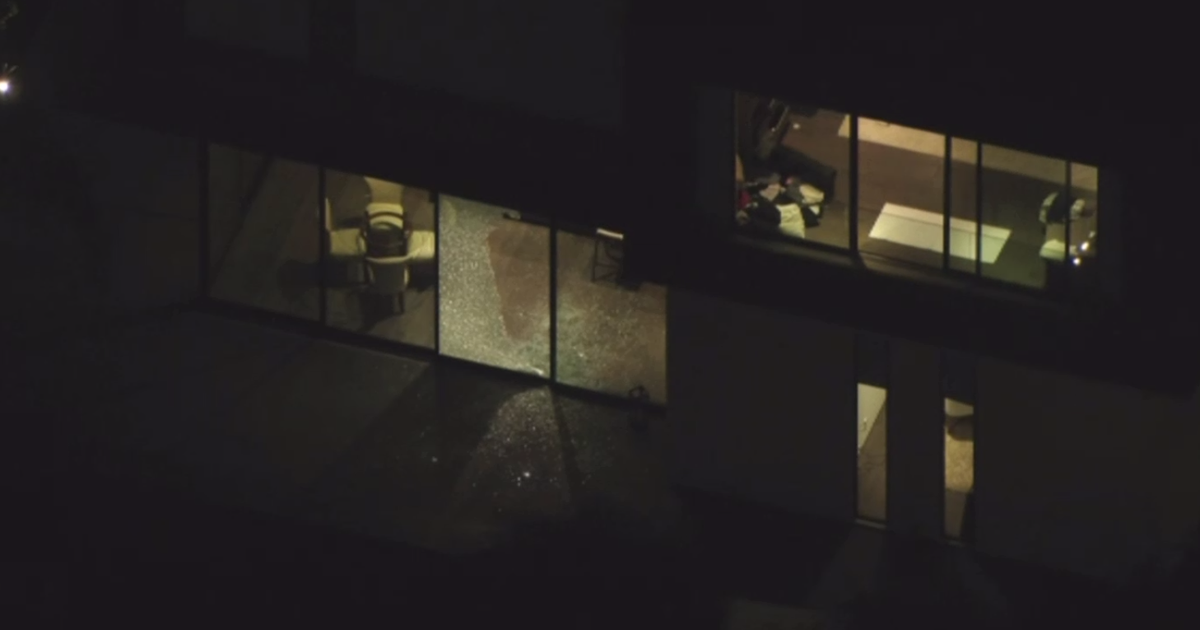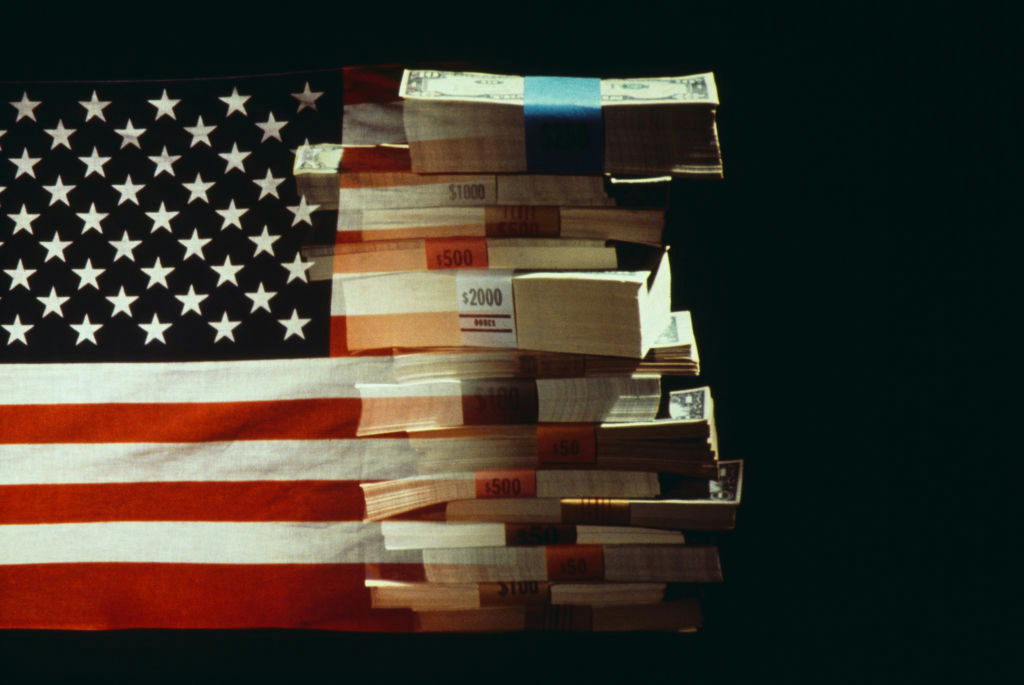Life after the White House
Jimmy Carter likes to say folks in his hometown of Plains, Georgia, don't ever think about calling him anything except Jimmy. Some even call him Mr. Jimmy.
"Some of the little tiny kids call me Jimmy Carter," he says. "And if they're Baptist, they probably call me Brother Jimmy."
Of course, he is former president Jimmy Carter, but if you visit him at home in Plains, you could be forgiven for thinking he's just an unassuming, retired gentleman whiling away the days in his garage workshop. Only this set up has an unusual history.
"The cabinet officers and my staff took up a collection to give me a going away present when I was involuntarily retired from the White House," he recalls. "So the present was a completely furnished woodshop."
It's there that Carter, now 81, pursues hobbies like woodworking and winemaking.
CBS's Rita Braver was probably among the many who thought Carter was a teetotaler.
"No. My wife and I really enjoy wine, particularly excellent wine like some of this is," he corrects, laughing.
He also dabbles in oil painting, but once again there's another story.
"I really got started painting two or three years ago when I wrote a novel called the "Hornet's Nest," and we were searching for a cover for my book. So I decided to paint the cover."
"Only you would write the novel and paint the cover too," Braver remarks to him.
"It turned out pretty well, yes!"
Now his paintings sell for up to $250,000. So do the pieces of furniture he handcrafts. And if you'd like to own a Jimmy Carter original, an armoire will be auctioned off next month.
Of course, it's that presidential signature that makes this piece so valuable. But Carter will keep none of the money for himself. Profits from all his art works go to fund the Carter Center, because no matter how he loves his hobbies his true passion is charitable work.
Here in the U.S., Carter and his wife Roslyn are known for building houses for Habitat for Humanity. But overseas the focus is on the Carter Center's work in 65 third world countries promoting democracy, human rights, economic development and health.
"We have transformed the lives of, I would say, millions of people, primarily in the poorest and most destitute and forgotten communities in the world," he says.
Just listen to what he done in the last year alone?
"We conducted our second election in Indonesia, which brought that country in the democratic fold, the largest Muslim country on earth. We've been to several countries in Latin America. We've been to Ethiopia twice. Had a chance to go to Ghana, to Liberia, to Nigeria."
Just last week, in fact, he traveled to the middle east, to monitor the Palestinian elections, which he deemed "completely honest, completely fair, completely safe and without violence."
Carter's humanitarian efforts earned him the Nobel Peace Prize in 2002. It was especially sweet, because, as he says, Carter did not leave the White House voluntarily.
But now, the credibility he established over the years has been a major factor in propelling his latest book--his 20th, by the way--to the top of the best seller lists. It is called "Our Endangered Values: America's Moral Crisis," and he admits he was a little worried about writing it.
And for good reason. He is highly critical of current White House policies, especially the decision to go to war in Iraq.
"Some of the top advisors of President Bush in my opinion had a strong inclination to have a war in Iraq even before President Bush was elected."
In the book, he writes: "With false and distorted claims, this administration misled the U.S. Congress and the American people into believing that Saddam Hussein had somehow been responsible for the dastardly attack on September 11th."
He still stands by that statement. "I don't think there's any doubt that it's a true statement and I was very careful in the book not ever to criticize President Bush."
But he does single out Vice President Dick Cheney.
"Sometimes I think the vice president has been somewhat careless with the truth," Carter says. "But this is something that I think needs to be known. And the reason that the book was almost instantly the best seller in the nation was because the message resonates with what a lot of people have felt as a pent up assessment of what's going on. And it hadn't been adequately expressed."
Jimmy Carter is well aware that there are plenty of critiques of his own presidency. A one-term Georgia governor, he was elected in 1976 in the wake of Watergate and Gerald Ford's pardon of Richard Nixon.
President Carter engineered the return of the Panama Canal to Panama, launched the departments of energy and education, forged the SALT II missile treaty with the Soviet Union, even presided over the Camp David peace agreement between Israel and Egypt.
But he often seemed ill-at-ease in the job. The economy floundered, but what really doomed his presidency was when Iranian radicals took over the U.S. embassy and held dozens of Americans hostage for more than a year. Carter lost to Ronald Reagan in 1980.
He now says he may being having a better ex presidency than presidency.
"Certainly my reputation has been better in the post-presidential years than maybe in the White House," he says. "But I think that when people look at back on what we did in the White House, I think there's a lot there of justifiable pride."
Does he look back and wish he could've been a better politician and won re-election?
"That would have been nice," he laughs. "I wish I couldn't gotten the hostages out earlier. I wish that the Democratic party hadn't been split down the middle. I had a major Democrat run against me for re-election as you know." He is referring to Senator Ted Kennedy.
"But those are not the thing that I worry about now."
In fact he jokes that if he had been re-elected, he and Roslyn might not have started the Carter Center. He eagerly gives her credit for everything he has achieved.
"If we go until July, it'll be 60 years together as man and wife, and we'd learned a long time ago how different we are from one another," he says fondly. "And we also saw that despite the inevitable incompatibilities during a day we resolved many years ago not to ever end a day without being reconciled."
So they kiss each other good night, he points out.
The Carters have four adult children and 11 grandchildren. Little Amy has grown up. And despite his father's disappointments in politics, Jack, the oldest son, is thinking of running for senator from Nevada.
He already has his father's support.
"If he wants to run, it's up to him. It's a tough job to run against an incumbent senator."
And what's ahead for Jimmy Carter, that unassuming retired gentleman who happens to be an ex-president? More book writing, painting, furniture making and, or course, good works.



